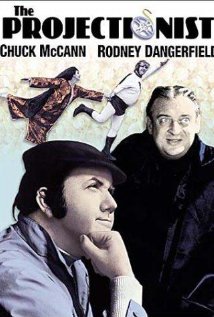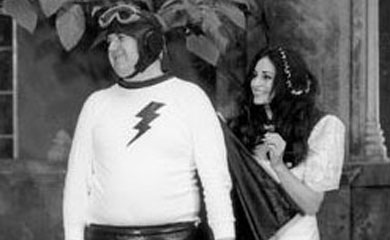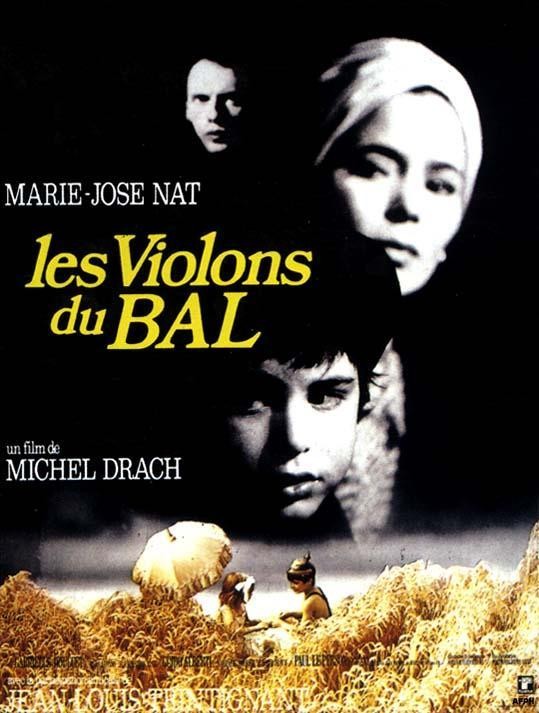THE PROJECTIONIST (1975 review)
From Monthly Film Bulletin, January 1975 (Vol. 42, No. 492). -– J.R.
The Projectionist
U.S.A., 1970
Director: Harry Hurwitz
Chuck, a stocky film projectionist who works in midtown Manhattan, hears on a radio about an old man mugged on the Lower East Side, and imagines himself coming to the rescue as Captain Flash. The reverie is broken off by the arrival of his friend Harry, an usher, who hears him describe meeting a pretty girl on the way to work (provoking a romantic-movie pastiche); this is interrupted in turn by Renaldi, the tyrannical theatre manager, who orders Harry out of the booth. Chuck next fantasizes a preview,’The Terrible World of Tomorrow”, before getting off work. As Captain Flash, he loses a fight with the thugs, and the old man informs him that The Bat is after his death ray; they proceed to The Bat’s hideout, where Flash sees the same pretty girl he had described to Harry. In the cinema lobby, Chuck chats with the Czech candy man, who is eventually reprimanded by Renaldi for giving Chuck free lemon drops from the counter. Chuck imagines another preview (“The Wonderful World of Tomorrow”) and a Flash episode in which he visits ‘Rick’s Bar’ in Casablanca and tangles with a prehistoric beast in The Bat’s cave. Passing a movie premiere, he imagines arriving there as a celebrity. Read more



